Bangladesh and the UN’s 50 years of partnership
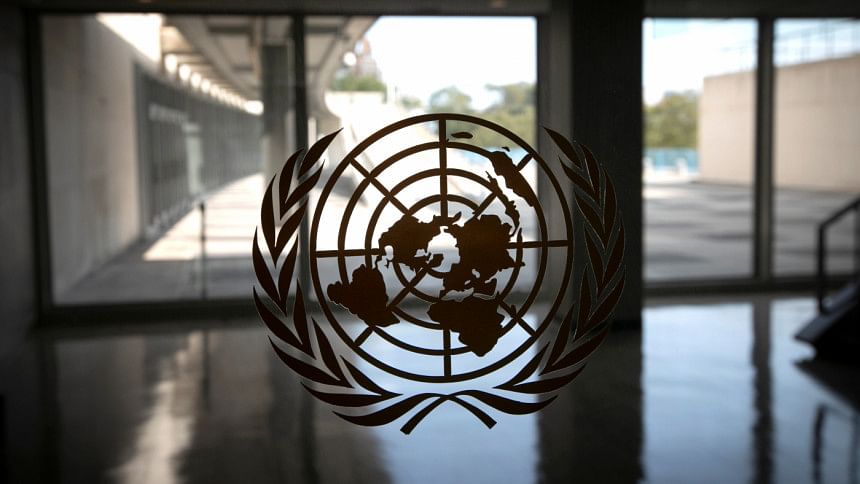
In September 1974, at the United Nations General Assembly in New York, Bangladesh stepped onto the world stage as a UN member state for the first time. In the decades since, Bangladesh has progressed in the face of global challenges, including climate threats, economic turbulence, displacement, and the Covid pandemic. Throughout the country, the UN has supported this remarkable development journey from one of the poorest countries in the world to the graduation from the Least Developed Country (LDC) status.
Engaging young people and giving voice to their aspirations has long been a priority for the UN. This came together remarkably in August 2024 in a significant political change for Bangladesh. The wave of popular protest led by a vibrant student-led movement showed extraordinary hope for the future, though at a tragically high human cost.
On the margins of the UN General Assembly in September this year, almost exactly 50 years after the young nation of Bangladesh first spoke with an international identity, we saw young Bangladeshis step forward at the side of the chief adviser. Young people worldwide have been inspired by the courage, leadership and sacrifice that young people of Bangladesh have shown as they stand together for democracy, freedom of expression and equality. Looking ahead, the UN family in Bangladesh is committed to its work supporting youth and is on hand to help the government uphold the promise for future generations.
In fact, Bangladesh's transformative shift this year, which young people have led mostly through social media, is abuzz with the phrase "Bangladesh 2.0," and it is making great strides to place human rights at the centre of its policies, echoes with the values of the UN Charter and the human rights of every individual. The people of Bangladesh have demonstrated remarkable resilience and courage in their quest for democracy and human rights. The interim government's openness to reform is a testament to the people's determination. By embracing the principles of equality, justice and human dignity, Bangladesh can chart a new course that will benefit its citizens and the broader international community.
Moving ahead as a nation, reforms must be underpinned by a commitment to human dignity and justice. The UN in Bangladesh is committed to supporting institutions to strengthen their capacity and accountability, promote diversity, equity and gender equality, and eliminate gender-based violence in all walks of life. We are already working to leverage mechanisms from the UN system to help promote accountability, advance human rights, and facilitate dialogue and healing.
In his special message for United Nations Day 2024, UN Secretary-General António Guterres said that the United Nations was "built by the world, for the world." Bangladesh's significant contribution to building the UN is an example. The country's commitment to global peace and security is demonstrated through its long-standing contributions to UN Peacekeeping Missions, consistently ranking among the top troop contributors worldwide since 1988. Bangladesh's generosity to the Rohingya people stretches back to the 1970s.
The interim government's articulation of its priorities at this year's General Assembly shows that the multilateral stage remains the place for countries to take stock and secure support from global leaders and partners to progress national priorities.
This year also showed the joint commitment to revitalising multilateralism through the Summit of the Future. In September, the General Assembly adopted the Pact for the Future, the Global Digital Compact, and the Declaration on Future Generations. In the words of the secretary-general, "These milestone agreements will help ensure that the United Nations system adapts, reforms and rejuvenates, so it is fit for the changes and challenges around us and delivers solutions for all." The importance of UN reform was echoed in the message of Chief Adviser Prof Muhammad Yunus on UN Day, and we welcome the commitment of Bangladesh to work with the international community towards a stronger UN for a more just, peaceful and equitable world.
This has been a watershed year for Bangladesh. We reflect on the events that have unfolded this year and honour the memory of those who have lost their lives. We recognise Bangladesh's many contributions to the UN system. And we renew our commitment to working together towards a peaceful and prosperous future for all Bangladeshis.
Gwyn Lewis is the resident coordinator of the United Nations in Bangladesh.
Views expressed in this article are the author's own.
Follow The Daily Star Opinion on Facebook for the latest opinions, commentaries and analyses by experts and professionals. To contribute your article or letter to The Daily Star Opinion, see our guidelines for submission.

 For all latest news, follow The Daily Star's Google News channel.
For all latest news, follow The Daily Star's Google News channel. 


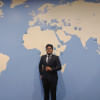

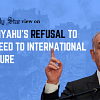
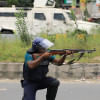
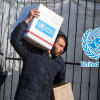


Comments